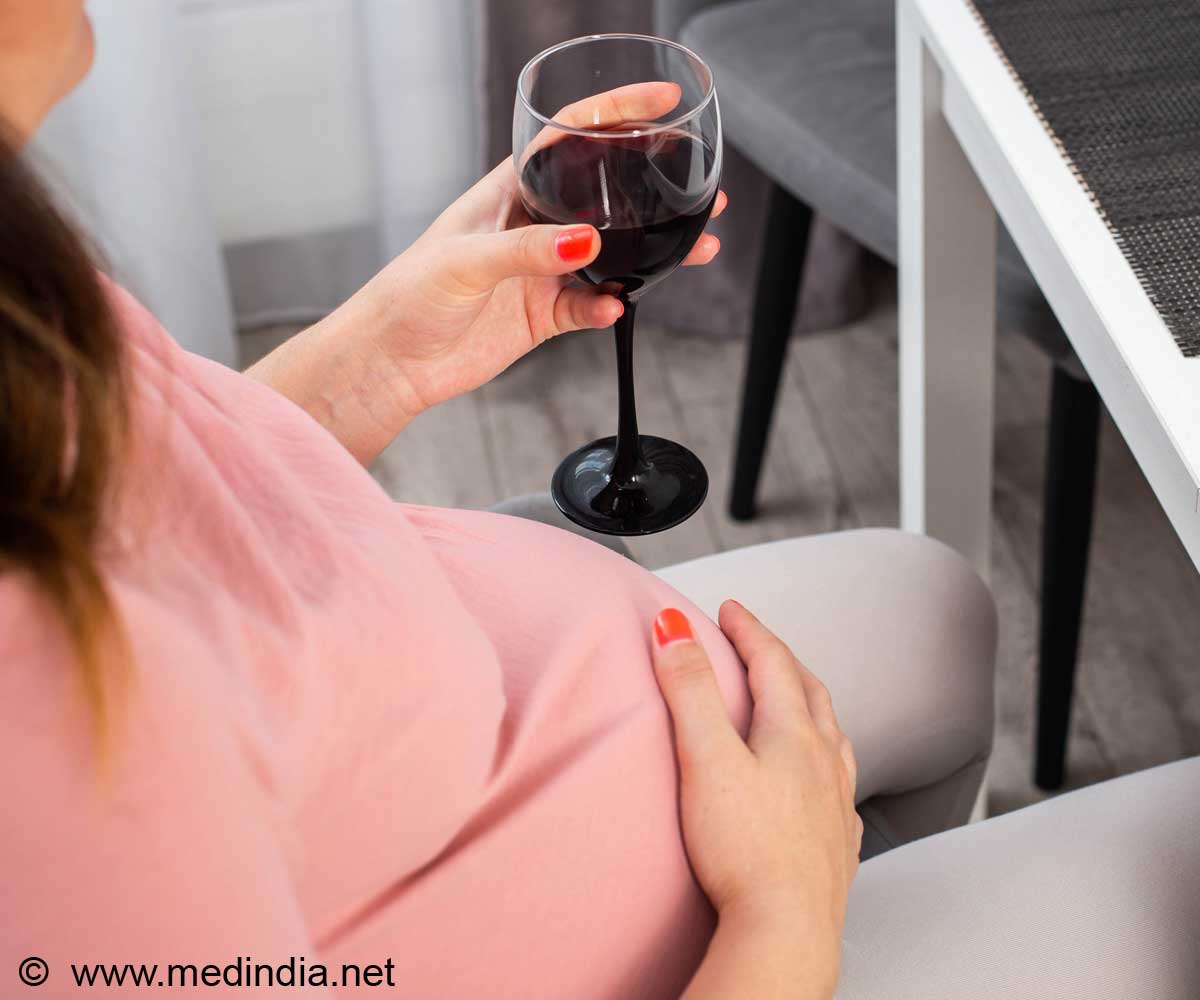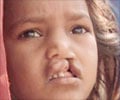When Tisha Lourens’s mother drank during her pregnancy, the baby suffered brain damage. Today the frail teenager who was forsaken as a baby in a Cape Town hospital struggles with learning problems.

"I can write my name but I can't write my surname," Tisha said, avoiding eye contact. She turns 16 in March but still plays with dolls.
"Her learning disabilities are that she cannot read or write," Tisha's adoptive mother Vivien told AFP. "She can't do simple mathematics. She's got no idea of time."
The widespread incidence of foetal alcohol syndrome is just one of the manifestations of South Africa's drinking problem, which also fuels a startling violent crime rate and a high rate of road deaths.
Ironically, the country is full of teetotallers.
According to the World Health Organisation, nearly two thirds of South Africans have never taken a sip. Only 27 percent say they have had a drink in the past year.
Advertisement
More than 48 percent of men and 41 percent of women report in surveys that they have at least 60 grams of pure alcohol at least once a week.
Advertisement
When French Huguenots arrived in South Africa and started wine farms, the labourers received part of their wages in alcohol -- a scheme known as the "dop system".
Dop payments were banned in the 1920s, but in practice the system carried on in many rural zones until apartheid ended in 1994.
In some areas, "that's now spread to social drinking on a very large scale," said Denis Viljoen, who studies rural communities.
The remote Northern Cape towns of De Aar and Upington have the dubious distinction of having the highest recorded rates of foetal alcohol syndrome in the world, hitting 57 of every 1,000 newborns.
"It's the most common birth defect," Viljoen said. "On its own, it amounts to (the total of) all the other birth defects, serious birth defects, that are found in South Africa."
Such statistics add to the social burdens linked to alcohol across the country. Crime statistics show that 80 percent of violent crime is linked to alcohol or drug use.
Alcohol is also blamed for the high rate of traffic deaths, with 1,500 people killed on the roads just during the Christmas holidays, the Transport Ministry says.
Opposition leader Helen Zille has asserted that alcohol and other substance abuse costs the government around 17 billion rands ($2.2 billion, 1.7 billion euro) a year.
Authorities are now pondering a range of laws to tone down the boozing. The legal drinking age may soon be raised from 18 to 21, pregnant women may be refused liquor sales and alcohol ads banned.
In January police even poured down the drain 200,000 liters (52,800 gallons) of alcohol confiscated from illegal bars, called shebeens.
Leana Olivier, head of the Foundation for Alcohol Related Research, said what's really needed is better education about the dangers of excessive drinking.
"Nobody knows what sensible drinking is," she said. "In many places it is the only or most acceptable way to socialise.
"Why can?t we give people info about alcohol abuse and its effects?"
Louise Ketani, from Gugulethu township outside Cape Town, blames poverty and the lack of information for her own mistakes.
Today she wonders if her daughter Tiona is too small for her age and slow to learn maths because Ketani drank during her pregnancy.
"It was dangerous, but I didn't know."
Source-AFP











